What Are The Costs Aside From The Apartment Itself?

It’s important to be aware of all the costs involved in buying an apartment
So you’ve found your dream home, have the necessary funds in place and you’re all ready to roll; so far so good. But what are the other costs involved in purchasing a French property? Here, we bring you a simple breakdown…
Notaire fees
A highly-qualified lawyer operating within the French legal system, the notaire is an essential part of any property purchase. In fact, he or she is the only person permitted by law to perform conveyancing in France, so be nice to them (incidentally, the usual protocol is to refer to them as ‘Maître’ and then their surname!).
As a result, you’ll often hear the term ‘notaire fees’ (frais de notaire), which is the term given to all the taxes, registration costs and legal expenses that a buyer pays when purchasing a property. This amounts to 7% of the purchase price. The fee comprises the tax on the purchase, the costs to register and authenticate certain documents and verify matters related to the purchase and the fee itself to the notaire (around 1%).
Usually, the first key document you’ll sign is the pre-sale contract, which sets out the main terms of the agreement between the buyer and the seller, and the buyer will be required pay a 10% deposit (minus agency fees) to the notaire. As soon as the purchase deed has been signed, the notaire will then ask for the balance of the purchase price – less the 10% deposit– and the frais de notaire mentioned above. Bear in mind that the transfer of money between two countries can take a week or more, so be prepared in advance (and remember that here at VINGT Paris we work with our trusted currency exchange partner, Moneycorp, to ensure that you get the best deal).
Other costs
In addition, there may be other costs to cover, too, such as mortgage fees. If you are taking out a mortgage, you’ll also need typically 20% of the purchase price to put down as a deposit (depending on the deal you’ve arranged with your lender). Then there’s the fee for any legal, translation or tax advice. For example, to take advice on inheritance provisions, consider a budget of 2,000 euros plus tax; it can be more or less, depending on the complexity of your estate.
Once you’re in your new place, there will be the taxe foncière (or land tax) and the taxe d’habitation to pay, plus the all-important house insurance. A householder’s comprehensive insurance policy should usually cover most things from weather damage to natural disasters and fire, theft and vandalism.
Finally, if you’re planning a renovation, you’ll need to factor in the budget for that too. As a very rough guide, you could leave 1,500 euros per m² for a basic job, but it obviously depends on the scope of the project.
Help is at hand
Incidentally, if you are selling your existing property abroad and moving to France on a permanent basis, it’s worth bearing in mind that it can be very tricky to synchronise the sale and purchase. We therefore recommend that you have some form of contingency plan i.e. the ability to purchase the French property from other resources or to rent a property between your sale and purchase.
As always with these things, if you choose to come through VINGT Paris, we can guide you through the whole process every step of the way.



